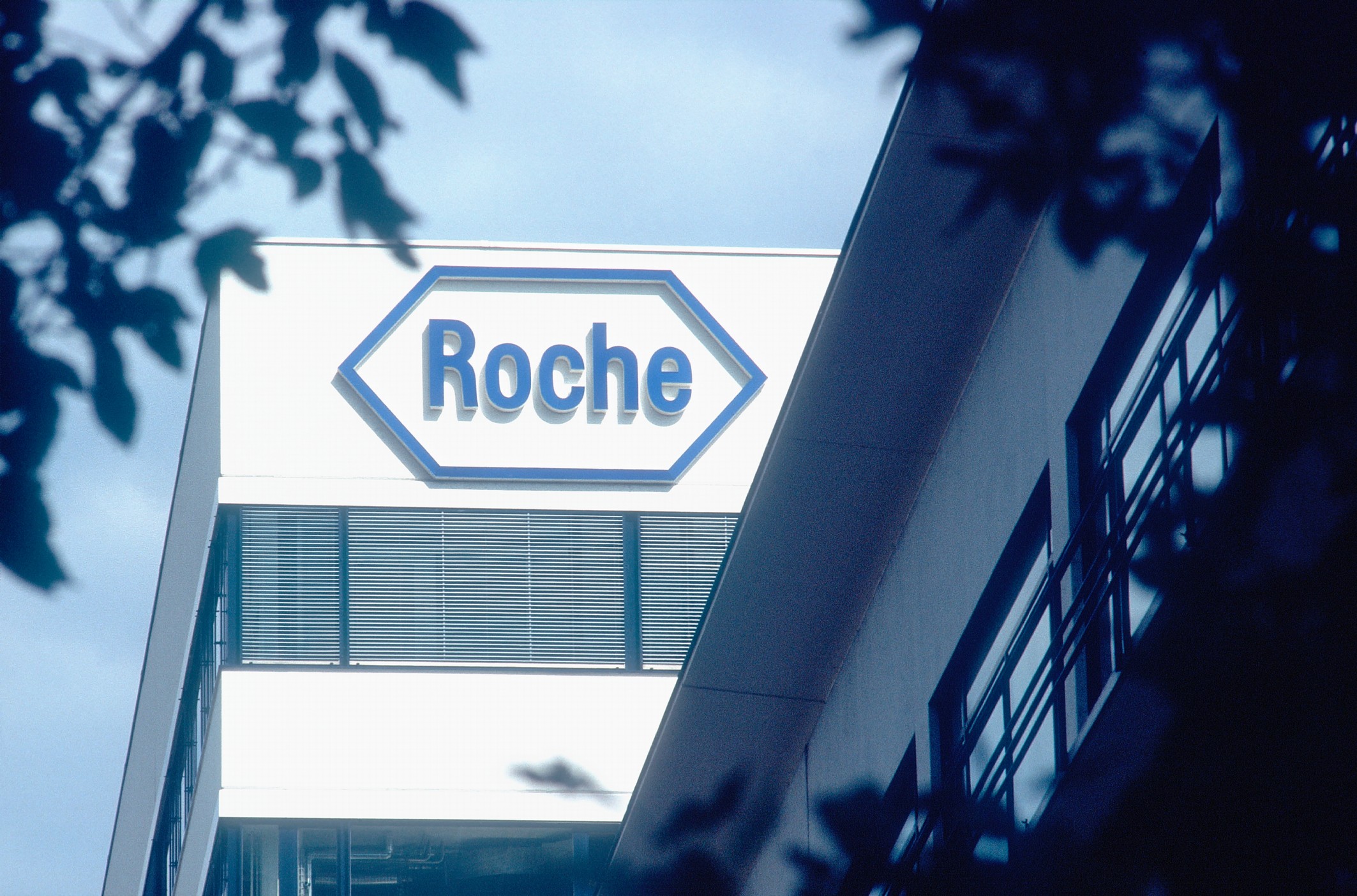
Roche announced positive interim results from the phase III HAVEN 4 study evaluating Hemlibra® (emicizumab) prophylaxis dosed once every four weeks in adults and adolescents (12 years of age or older) with haemophilia A with and without inhibitors to factor VIII. At this interim analysis after a median of 17 weeks of treatment, Hemlibra prophylaxis showed a clinically meaningful control of bleeding. These results are consistent with previous studies of Hemlibra dosed once weekly or every two weeks, including the pivotal studies in haemophilia A with inhibitors, HAVEN 1 in adults and adolescents and HAVEN 2 in children, as well as the phase III HAVEN 3 study in adults and adolescents with haemophilia A without inhibitors. The most common adverse events with Hemlibra were injection site reactions, with no new safety signals observed. No thrombotic microangiopathy or thrombotic events occurred in this study.
“Current treatment regimens for haemophilia A can require frequent intravenous infusions. We are encouraged that Hemlibra prophylaxis administered by injection under the skin once every four weeks showed clinically meaningful bleed control in people with haemophilia A,” said Sandra Horning, MD, Roche’s Chief Medical Officer and Head of Global Product Development. “Together with the findings from other phase III studies, these interim results support the potential for Hemlibra to be dosed at different schedules, allowing patients to choose the option that’s right for them.”
Data from the HAVEN 4 study will be presented at an upcoming medical meeting and submitted to health authorities around the world for approval consideration. These results add to the growing body of evidence supporting that Hemlibra may benefit all people with haemophilia A regardless of inhibitor status, while providing flexible and less burdensome administration options.
About HAVEN 4 (NCT03020160)
HAVEN 4 is a single-arm, multicentre, open-label, phase III study evaluating the efficacy, safety and pharmacokinetics (PK) of subcutaneous administration of Hemlibra dosed every four weeks. The study included 48 patients (12 years of age or older) with haemophilia A with or without inhibitors to factor VIII who were previously treated with either factor VIII or bypassing agents, on-demand or as prophylaxis. The study was conducted in two parts: a PK run-in; and an expansion cohort. All patients in the PK run-in (n=7) were previously treated on-demand, and received subcutaneous Hemlibra at 6 mg/kg to fully characterize the PK profile after a single dose during four weeks, followed by 6 mg/kg every four weeks for at least 24 weeks. Patients in the expansion cohort (n= 41) received subcutaneous Hemlibra prophylaxis at 3 mg/kg/wk for four weeks, followed by 6 mg/kg every four weeks for at least 24 weeks. Episodic treatment of breakthrough bleeds with factor VIII therapy or bypassing agents, depending on a patient’s inhibitor status, was allowed per study protocol.
Filed Under: Drug Discovery




